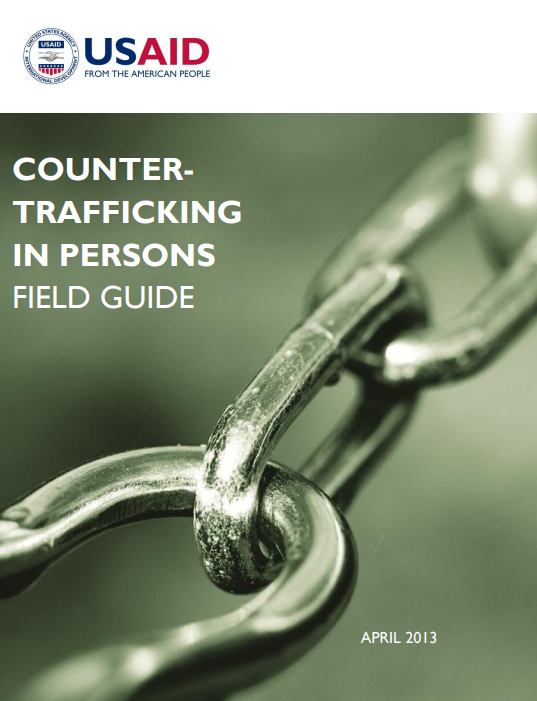EXECUTIVE SUMMARY
Trafficking in persons (TIP) is a global crime that involves the “recruitment, transportation, transfer, harbouring or receipt of persons” through the use of force, fraud, or coercion for the purposes of exploitation. A modern form of slavery, human trafficking constitutes a violation of human rights in which victims are deprived of their humanity and basic freedom. TIP can involve either sex or labour exploitation, or both.
Human traffickers earn an estimated $32 billion annually in profits, just under the amount earned through arms and narcotics trafficking. People are enslaved in circumstances of sex and/or labour exploitation all around the world, including in the United States. Quantifying the scale of human trafficking is challenging, in part due to the difficulty of collecting accurate data on this clandestine trade. As of June 2012, the International Labour Organization estimated that 20.9 million people are enslaved in sex or labour exploitation.
TIP is linked to numerous development and security issues, including the prominence of transnational organized crime, ineffective legal protections, health threats, insufficient labour standards and enforcement, lackluster economic development, gender and ethnic discrimination, and poor migration policies and practices. Since 2002, there has been a proliferation of national, regional, and international regulatory frameworks to combat TIP. However, enforcement of these agreements and obligations has been uneven. Multiple actors—international governmental and non-governmental organizations, domestic governments, civil society, media, the private sector, and perhaps most important, consumers around the world—need to commit to countering TIP in order for the legal and regulatory frameworks to have full impact.
To be a catalytic partner in growing this movement, the United States Agency for International Development (USAID) issued its Counter-Trafficking in Persons (C–TIP) Policy in February 2012. Additionally, it has programmed approximately $179.9 million in C–TIP activities in 68 countries and Regional Missions worldwide between FY 2001-FY 2011. USAID has worked on average in 20-25 countries per year on programs to combat trafficking.
In 2011, USAID provided $16.6 million to combat human trafficking in 25 countries. The majority of that funding went to Tier Two and Tier Two Watch List countries.
This new Counter-Trafficking in Persons Field Guide is designed as a practical resource for USAID officers to help implement the C–TIP Policy. It complements the full body of technical tools providing Agency-specific guidance to USAID personnel on how to program United States Government (USG) resources, including recommendations for integrating C–TIP components into existing programs, options for stand-alone C–TIP initiatives, and suggestions on monitoring and evaluating the impact of specific programming interventions. In addition, this Guide emphasizes the importance of uniting all stakeholders and consolidating efforts into a comprehensive C–TIP movement.

